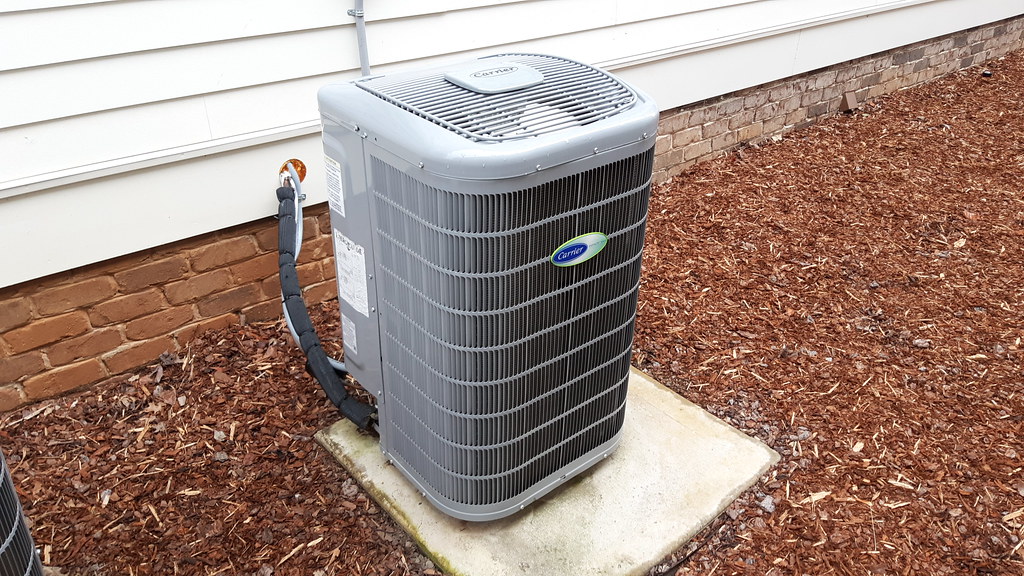The Murphy administration plans to devote most of its investments from the Regional Greenhouse Gas Initiative to pay for decarbonizing buildings and electrifying the transportation sector in environmental-justice communities.
In its second, three-year strategic plan for determining where hundreds of millions of dollars will be spent, the administration says it will use the investments to advance Gov. Phil Murphy’s goals to slash emissions contributing to climate change and to transition to clean energy.
The strategic plan, released Friday, targets where funds raised by RGGI will be targeted between 2023 and 2025. The initiative is a cap-and-trade program that raises money from the power sector, which produces greenhouse gas emissions. In the past three years, $342 million in RGGI funds were allocated to various projects to reduce emissions and fund clean-energy projects.
The most notable shift in spending is a new initiative aimed at building decarbonization, a policy pushed by Murphy to achieve significant reductions in carbon pollution from buildings, the major source of greenhouse-gas emissions second only to the transportation sector.
Replacing fossil fuels
On Wednesday, the New Jersey Board of Public Utilities is scheduled to vote at a specially scheduled meeting on an initial program geared to decarbonizing buildings, a policy ordered by Murphy who wants to electrify at least 400,000 homes and 20,000 commercial properties by 2030. That goal would primarily be achieved by switching space and water heating from fossil fuels to electric heat pumps.
ENERGY & ENVIRONMENT
BPU wants to begin ‘decarbonizing’ buildings, despite criticisms
The strategic funding allocation is an important step in meeting Murphy’s goals, according to environmental groups.
“RGGI works,’’ said Doug O’Malley, director of Environment New Jersey. “These investments have helped electrify cars and trucks across the state, including environmental-justice communities. The next step is to decarbonize buildings, the second biggest source of climate pollutants.’’
Highly efficient, all-electric homes can help New Jersey households save money. A recent Acadia Center report demonstrates that New Jerseyans in an average insulated home can save anywhere from 4% to 41% on their annual energy bills by adopting heat pumps.
“The RGGI strategic funding plan is key to reducing carbon emissions and improving the quality of life, particularly in overburdened communities,’’ said BPU President Joseph Fiordaliso in a statement.
Funding will accelerate the pace of decarbonization of buildings by investing in projects and programs that reduce energy consumption, energy burden and overall emissions from the building sector.
This initiative also will support the replacement, repair and retrofit of hydrofluorocarbons in refrigeration and air conditioning equipment and phase out their use.
Controversial proposal
This overall building decarbonization initiative, so far, has perhaps triggered the most controversy of all Murphy’s clean-energy programs, particularly over concerns from consumers and lawmakers that it could lead to the phaseout of gasoline stoves. Approximately 41% of funds would be allocated to building decarbonization efforts under the 72-page strategic plan.
The largest share of the fund — 49% — would be authorized to drive the electrification of transportation throughout the state, with a focus on electrifying light-, medium- and heavy-duty vehicles, particularly in environmental-justice communities. The state also plans to use funding to expand electric vehicle charging infrastructure in New Jersey.
Accelerating the use of electrified transportation in and around environmental-justice communities is viewed as critical, since those areas rely on public transportation more heavily and are exposed to harmful diesel fumes from buses, as well as from nearby ports with tailpipe emissions from trucks.
In conjunction with the plan’s release, the state Department of Environmental Protection announced it is opening a competitive solicitation for plans to invest over $13 million to purchase additional electric trucks in overburdened communities.
Approximately 10% of the RGGI proceeds will be targeted at sequestering carbon in state forests and New Jersey’s tidal marshes, according to the second strategic plan. Similar funding was allocated in the first strategic plan.
Read the full article: https://www.njspotlightnews.org/2023/07/rggi-regional-greenhouse-gas-initiative-nj-decarbonize-electrify-building-transportation-environmental-justice-communities/



